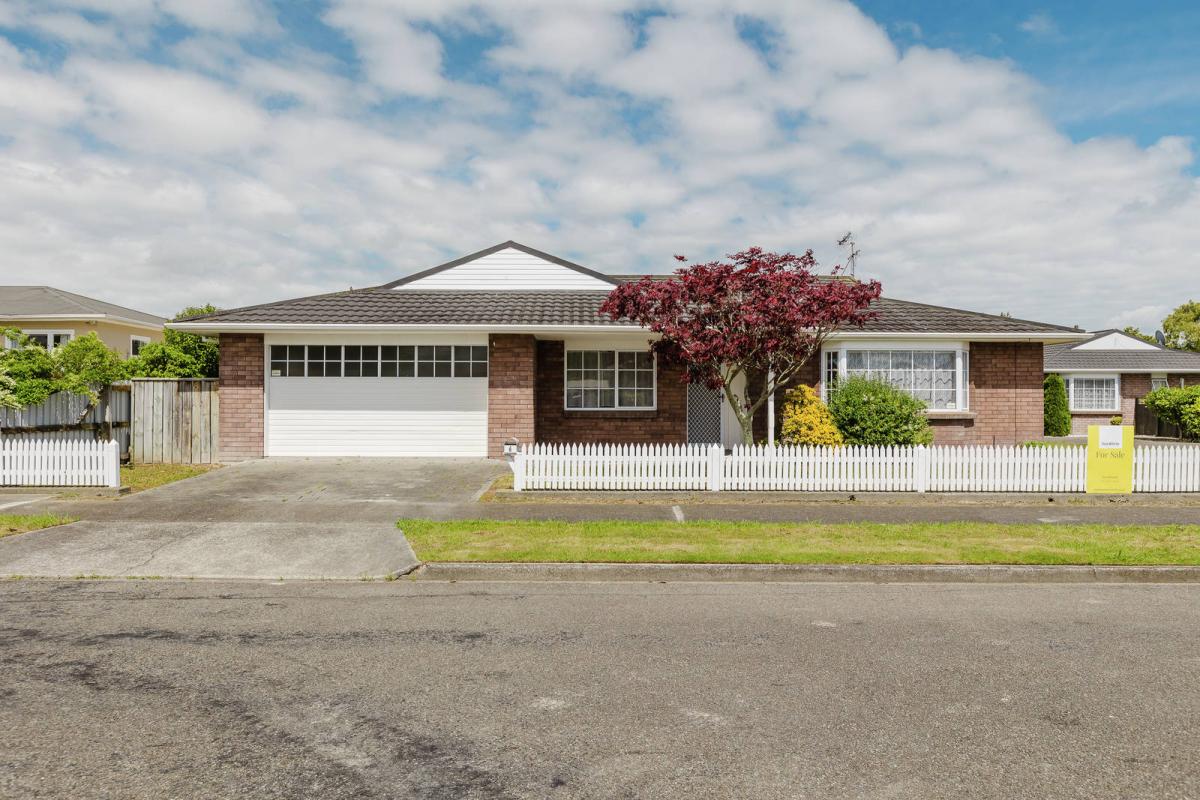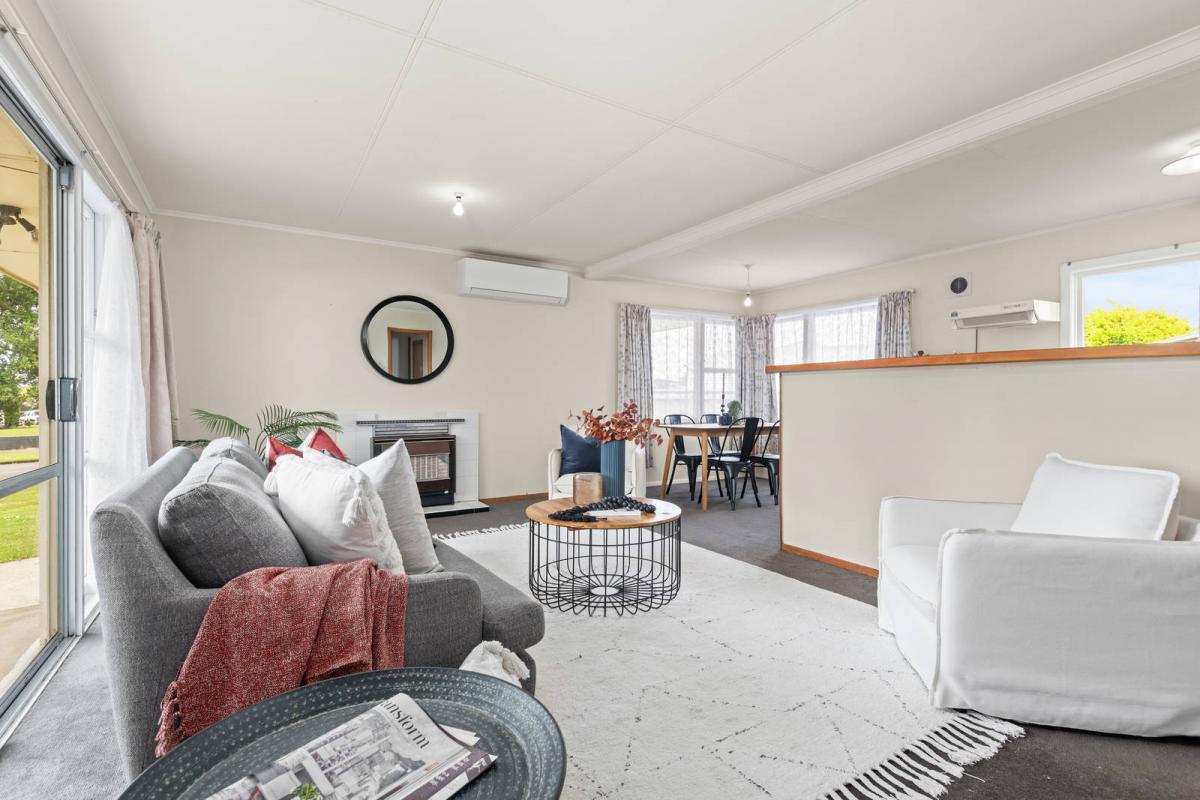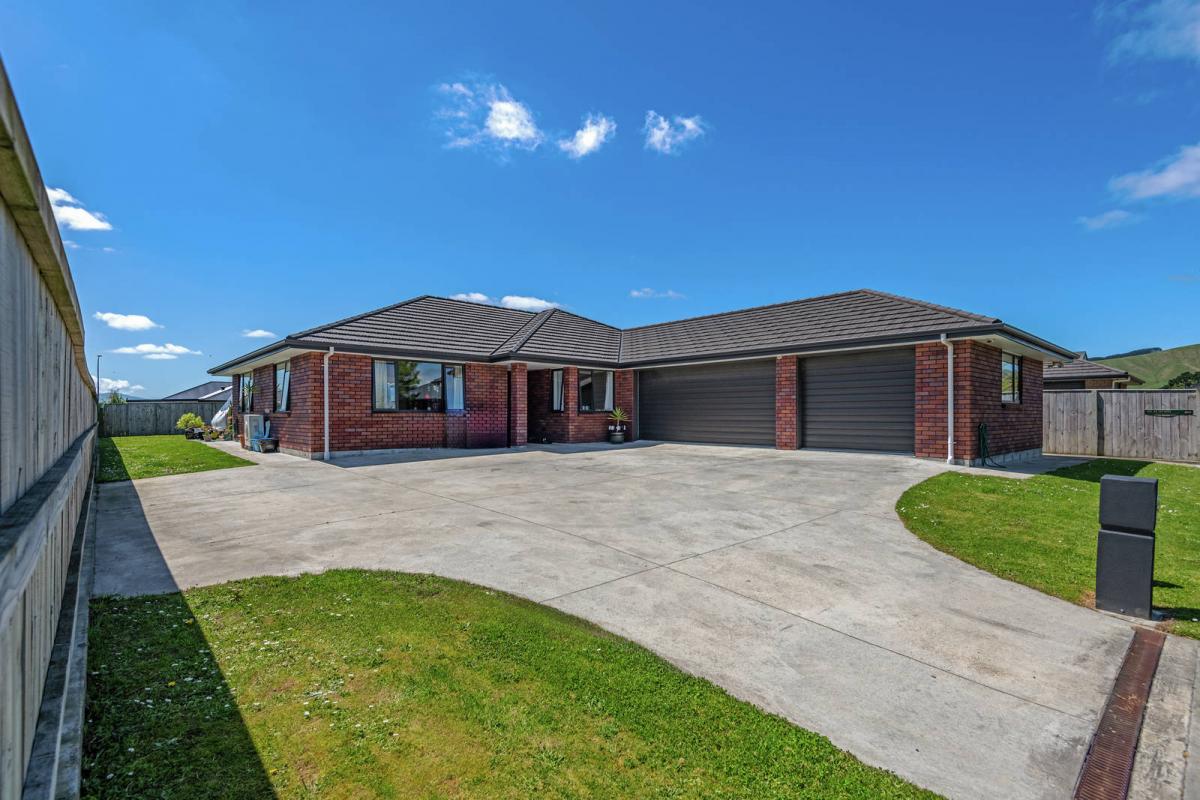Are Curtains or Blinds best for kids’ bedrooms?
Choosing curtains and/or blinds for a child’s bedroom is much more complicated than you might think, with several factors to take into consideration when making the right choice. Let’s go over what you need to think about.
Blocking out light
Any parent will tell you kids need darkness to go to bed. They don’t necessarily need darkness to sleep, but to convince them it’s bedtime it needs to be dark. Post daylight savings, heading into spring and summer, this can be a challenge. Curtains and blinds can help.
First of all, opt for block-out lining. Block-out lined curtains reduce natural light and UV rays, providing an ideal solution for darkening a bedroom. They also offer thermal and sound insulation properties, which come in handy too and we’ll discuss more shortly.
The best solution to block out light is curtains made of medium to heavy fabric, hanging wide and high over the window and down to the floor. But don’t make a decision yet, there are things to consider that might make you shy away from this option.
Slatted blinds are the least ideal solution as they allow small amounts of light to peep through even when fully closed and lowered. An inside mounted roller blind also allows a small amount of light to enter. For extra light blockage consider a curtain over a blind.
Reducing noise
Blocking out noise completely using only curtains or blinds is not possible, but it can be reduced. The best options are:
• Curtains – reducing noise all comes down to absorbing the vibrations so opt for the thickest, heaviest fabric you can (e.g. velvet or wool). The more layers the better so ensure you get them lined and you could also opt for a blind underneath as well.
• Roman shades – as with curtains, the thicker the fabric and more layers the better.
• Honeycomb blinds - the unique cellular design is great for cutting out noise. Just as the cells trap air to reduce heat transfer, they can also help keep out noise.
Keep reading: www.curtainclean.co.nz...

What word sums up 2024, neighbours?
If 2020 was the year of lockdowns, banana bread, and WFH (work from home)....
In one word, how would you define 2024?
We're excited to see what you come up with!

⚠️ DOGS DIE IN HOT CARS. If you love them, don't leave them. ⚠️
It's a message we share time and time again, and this year, we're calling on you to help us spread that message further.
Did you know that calls to SPCA about dogs left inside hot cars made up a whopping 11% of all welfare calls last summer? This is a completely preventable issue, and one which is causing hundreds of dogs (often loved pets) to suffer.
Here are some quick facts to share with the dog owners in your life:
👉 The temperature inside a car can heat to over 50°C in less than 15 minutes.
👉 Parking in the shade and cracking windows does little to help on a warm day. Dogs rely on panting to keep cool, which they can't do in a hot car.
👉 This puts dogs at a high risk of heatstroke - a serious condition for dogs, with a mortality rate between 39%-50%.
👉 It is an offence under the Animal Welfare Act to leave a dog in a hot vehicle if they are showing signs of heat stress. You can be fined, and prosecuted.
SPCA has created downloadable resources to help you spread the message even further. Posters, a flyer, and a social media tile can be downloaded from our website here: www.spca.nz...
We encourage you to use these - and ask your local businesses to display the posters if they can. Flyers can be kept in your car and handed out as needed.
This is a community problem, and one we cannot solve alone. Help us to prevent more tragedies this summer by sharing this post.
On behalf of the animals - thank you ❤️

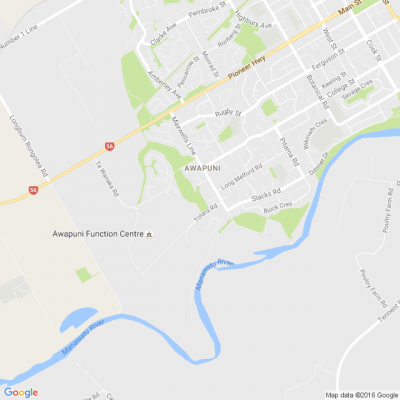
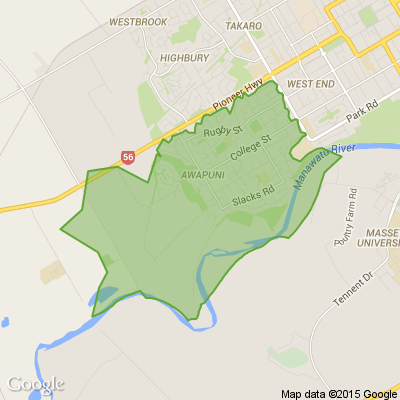





 Loading…
Loading…





